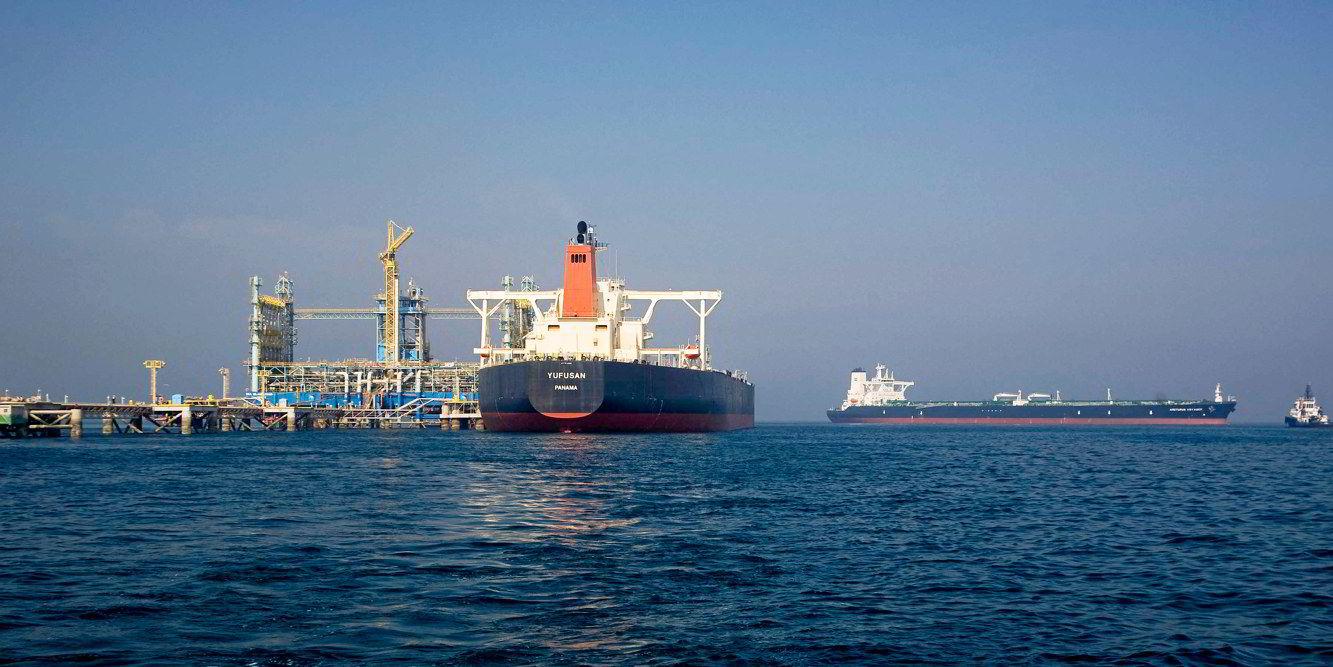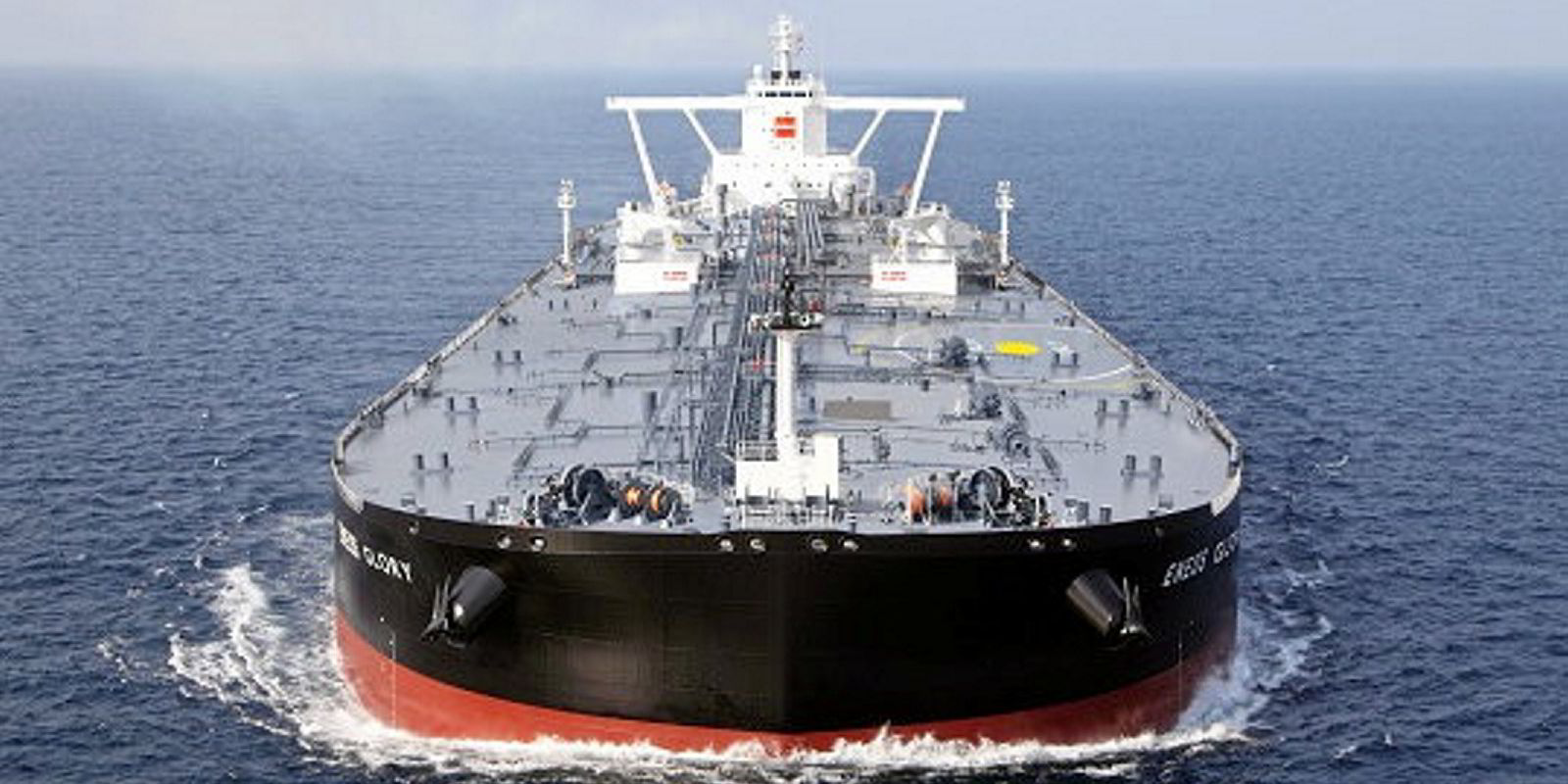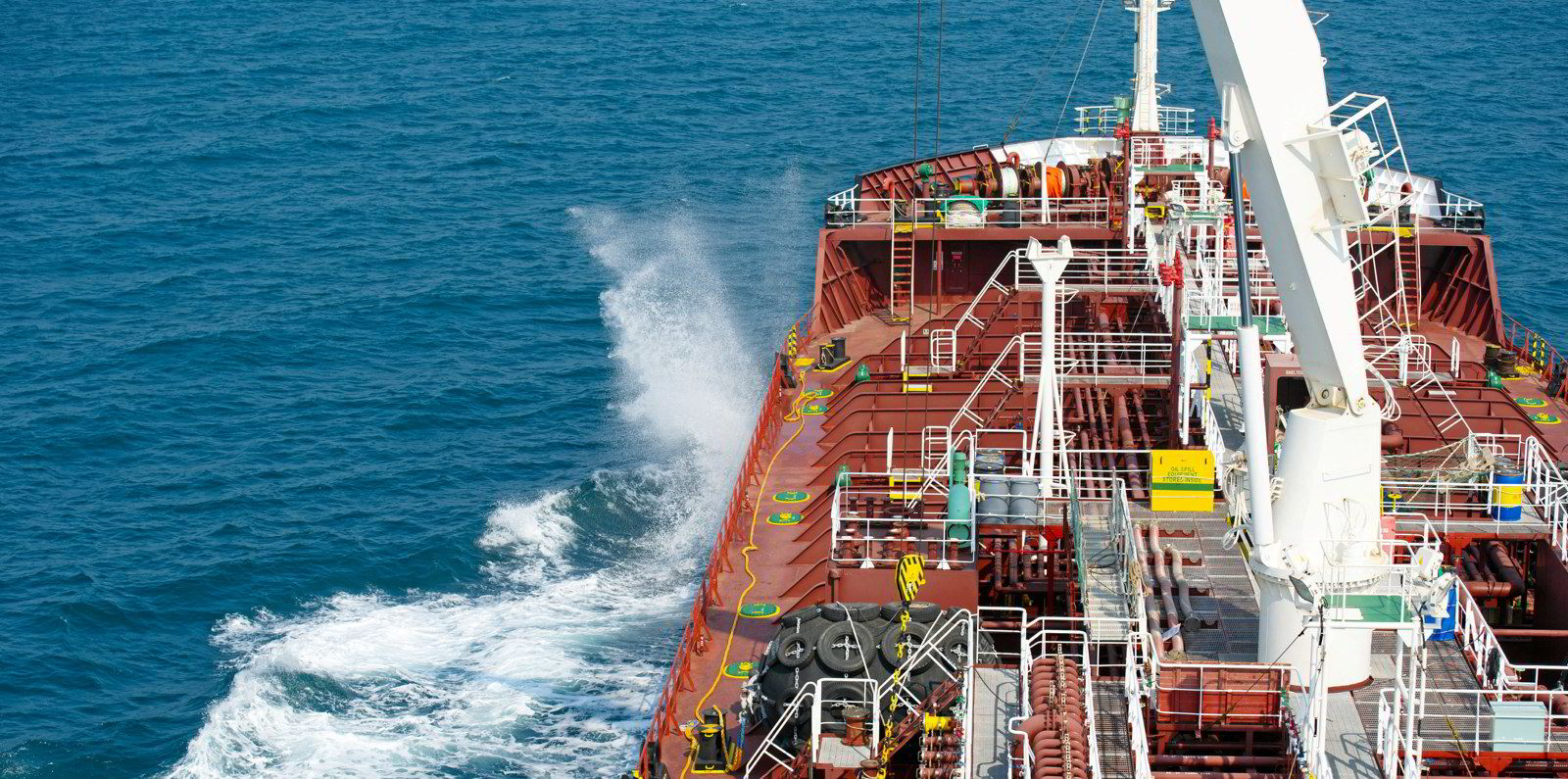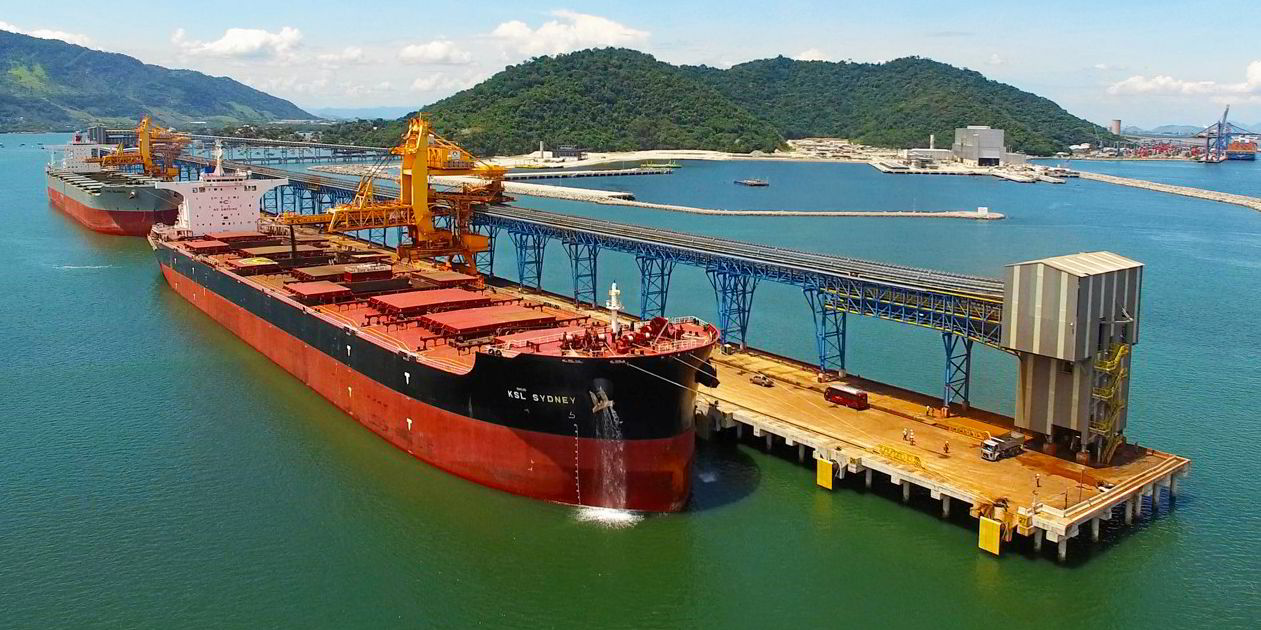This year will mark the end of widespread use of tankers as floating storage, research and data firm IHS Markit has forecast, as energy firms have few incentives in keeping oil at sea.
Oil demand worries have persisted in recent weeks, with renewed lockdown measures in the US and many European countries to control the spread of coronavirus.
But oil prices remain firm in a backwardated market, which analysts attribute to the efforts of Opec and its Russia-led allies in limiting supply.
“IHS Markit does not expect a repeat of last year’s explosive floating storage growth in 2021,” liquid bulk principal analyst Fotios Katsoulas said in a note.
“The recovery in oil prices and the market’s return to backwardation, together with the willingness of the Opec+ alliance to support the oil industry, leave limited or no space for such storage boom we experienced in 2020.”
The amount of crude and refined products in floating storage reached an all-time high in the second quarter, when oil oversupply worsened due to a price war among major producers and a coronavirus-triggered demand collapse.
Tanker tonnage has been released back into trading since then, despite a slow, uneven pace of oil demand recovery.
IHS Markit data showed fewer than 50m barrels of crude were stored aboard tankers for 14 days or longer as of 8 January, down from 222m barrels in the second quarter of last year.
The amount of refined products in floating storage for at least 10 days dropped below 20m barrels as of 8 January, versus a peak of 84m barrels on 13 May.
“The recent rally in oil prices in late 2020 further deepened the backwardation,” Katsoulas said. “Traders were left with no reason to hold oil in floating storage anymore, especially as demand in Asia now looks much healthier, providing more opportunities for these barrels to be sold.
“The second wave of the pandemic is primarily resulting in lockdown restrictions in the West with the appetite of key consuming countries, such as China and India, remaining healthy and strong.”
Occasional demand still exists
Figures from other industry databases show a similar trend, but regional imbalances can still occasionally create floating storage demand.
Kpler data revealed a total of 5.39m barrels of refined products were stored at sea for seven days or longer in north-west Europe as of Wednesday, up from 4.51m barrels on 6 January.
“Floating storage has increased a bit for MRs in Europe due to the lockdowns,” Clarksons Platou Securities said. “We are still waiting for lockdowns to end and flights to resume.”






